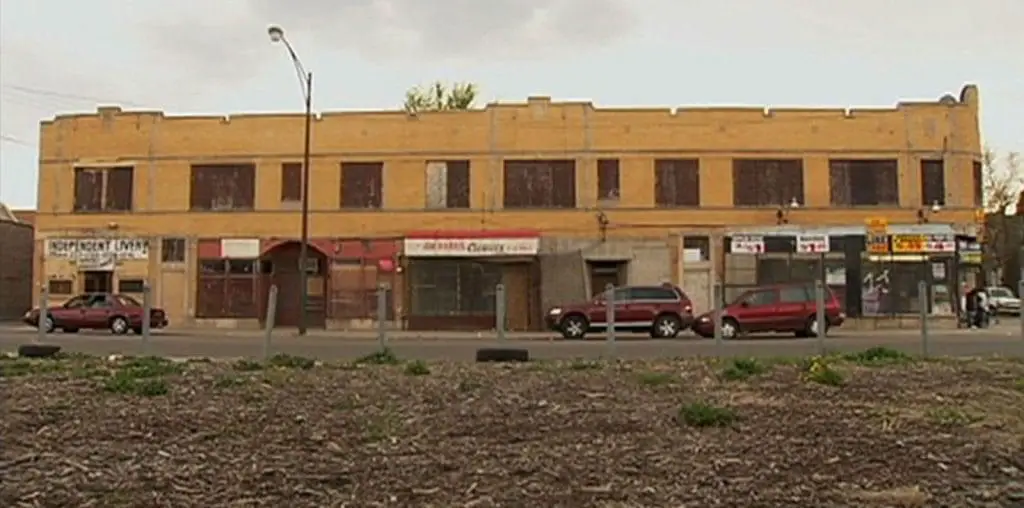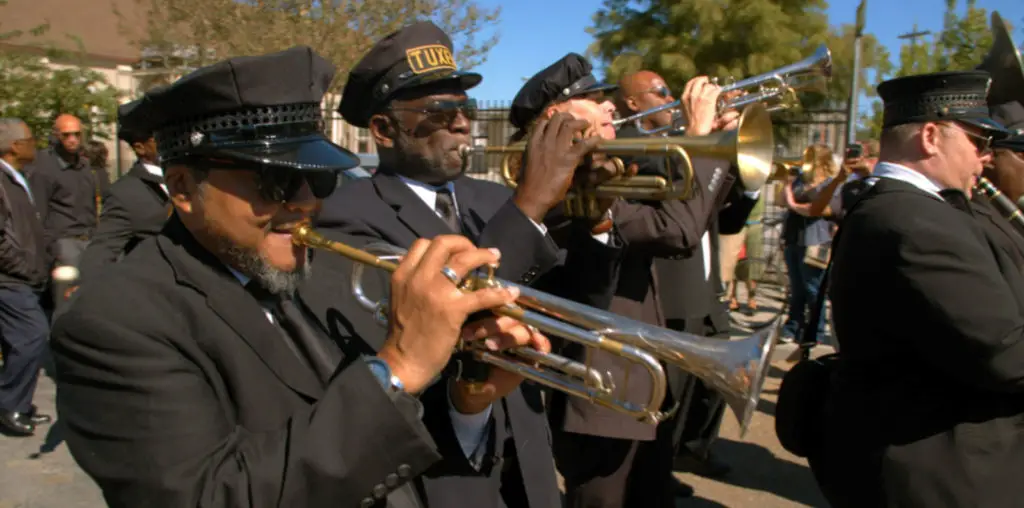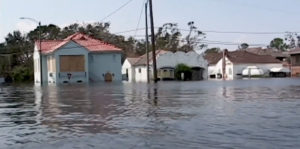
Writer/director Rennik Soholt’s documentary Forced Change follows four families from New Orleans displaced by Hurricane Katrina in 2005. They never came back. Soholt tells their respective stories from the perspective of what happened just after the disaster and then updates each family’s trajectory in the years that followed. Fourteen years of reporting shows the immediate and long-term impact of living through that event. Every journey of displacement takes on unique positives and negatives as these people rebuild their lives and respond to life-changing decisions forced upon them. In fact, we are informed at the outset that 100,000 people never came back to New Orleans.
The aftermath of Katrina sparked several documentaries and scripted programs that spoke to the disaster and the situation: geographically, politically, financially, and socially that set New Orleans up for the devastation the storm caused. Spike Lee covered this ground in his 4-part 2006 documentary When the Levees Broke: A Requiem in Four Acts. David Simon looked at the years following Katrina in his 2010 HBO series Treme, which focused on the blue-collar Treme neighborhood struggling to rebuild.
Forced Change moves beyond the adrenaline and outrage of the time just after the disaster to look at where people go as the years wear on and the rest of the world continues. There’s a certain amount of resentment from survivors of such events that come out in the interviews, where the media has moved on to the next catastrophe, and everyone seems to be over it. Still, they will live in that moment forever, in ways great and small.
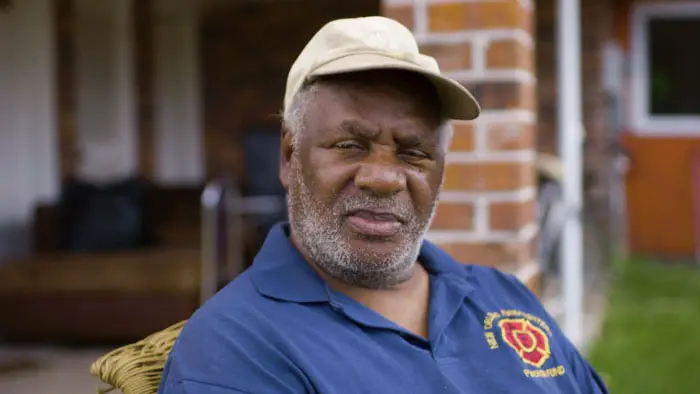
“…follows four families from New Orleans displaced by Hurricane Katrina…”
Meeting and learning specifics about the displaced families is a journey best left to the viewer of this one-hour film. They were scattered to Texas and other parts of Louisiana. Interestingly, some of them went on to better lives. The paths forced upon them by the storm changed their fortunes through a combination of existential constraints and new perspectives. However, not everyone profiled went on to prosper in life and love; their stories are the most poignant. Drug addictions and divorce awaited some. It’s impossible to say whether the winds of fortune might have blown them onto these troubled seas with or without Katrina, but it’s a fair question to ponder.
Forced Change reminds us of Katrina, comments on the impermanence of life, and warns of the effects of climate change in the short span of these stories of lives irrevocably altered. The film is underscored by a choir and voices humming soft and low, occasionally rising mournfully in an elegy for timelines lost in the great city. New Orleans gets into your blood, arguably more than any other city in the U.S., for many reasons. The blended influences of nationalities condensed into “Cajun” culture, the unique geography, history, and architecture all form the singular New Orleanian atmosphere that’s impossible to find elsewhere.
As a result, long-term residents forced to move suffer a wound that never heals. It’s simple enough to think and say, from a certain distance, they should just live on higher ground, live their lives someplace less exposed to the ravages of climate change. But this is New Orleans, a city that becomes a family member, where most hurricanes lead to nothing more than an invitation to a rum-drinking party and where people embrace each other with a ferocity that’s alien to most Americans.
Forced Change ends with a moving plea from those who stayed, exhorting their brothers and sisters from New Orleans to come on home. But for some, home is as much a time as it is a place, and you simply can never recapture that moment. Soholt tells stories here that serve as a somber foreshadowing of the heartbreak more people living in coastal areas (and inland as well) will experience as global warming accelerates and the ocean levels continue to rise.
For screening information, visit the Forced Change official website.
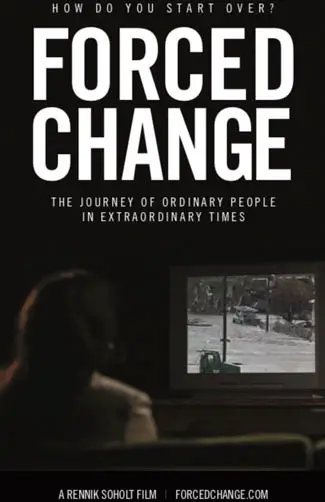
"…reminds us of Katrina, comments on the impermanence of life, and warns of the effects of climate change..."

